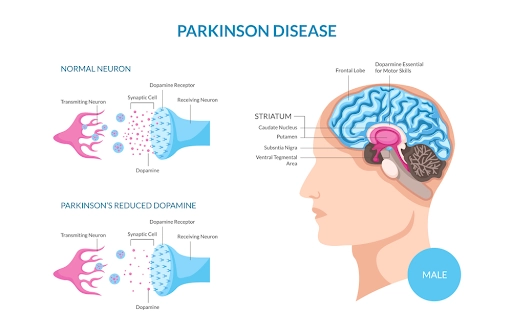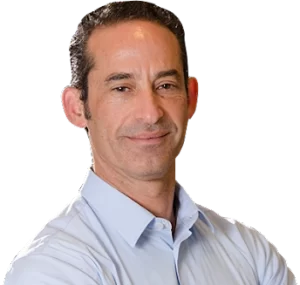How Marijuana Works with Parkinson’s Disease
While there is still much to learn about how marijuana works with Parkinson’s Disease, early research suggests that it may be able to help alleviate some of the symptoms associated with the disease. In this blog post, we’ll explore how marijuana may be able to help patients with Parkinson’s and what the current state of research is.
Marijuana and the Endocannabinoid System
To understand how marijuana may be able to help patients with Parkinson’s, it’s important to first understand the role of the endocannabinoid system. The endocannabinoid system is a network of receptors and molecules that are found throughout the body, including in the brain. This system is responsible for regulating a variety of functions, including pain, sleep, mood, and appetite.
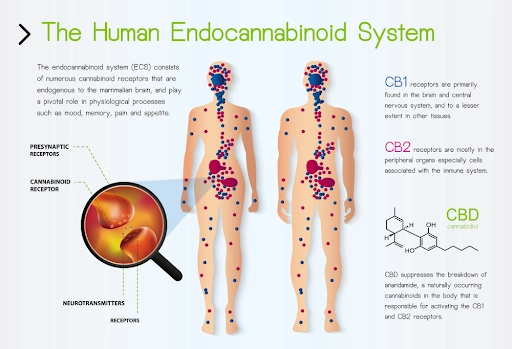
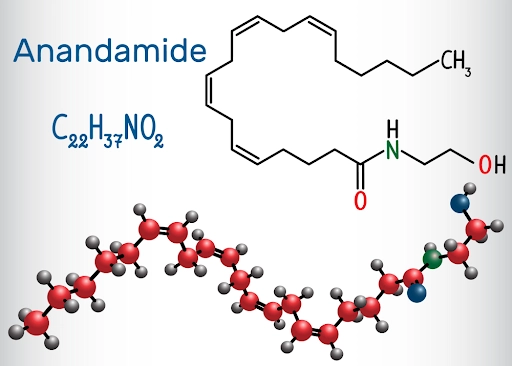
Studies have shown that patients with Parkinson’s have a deficiency in one particular cannabinoid called anandamide. Anandamide helps to regulate movement and has neuroprotective properties. This deficiency affects the motor symptoms associated with Parkinson’s. There are reasons to believe increasing levels of anandamide in the body could help alleviate these symptoms.
Marijuana and Symptom Relief
While more research is needed in this area, a few small studies have been conducted on how marijuana works with Parkinson’s Disease. One study found that patients who used marijuana reported improvements in sleep quality, relaxation, and increased ability to socialize compared to those who did not use marijuana. Another study found that 47.8% of Parkinson’s patients that used cannabis reduced their prescription medications.
There have been 6 different studies that make a good case that CBD may have neuroprotective benefits.
What’s interesting is that in an analysis of a survey of 1123 Parkinson’s patients 54% of responders saw a clinical benefit. 43.9% of patients saw improvements in pain and 41.4% saw improvements in muscle cramps.
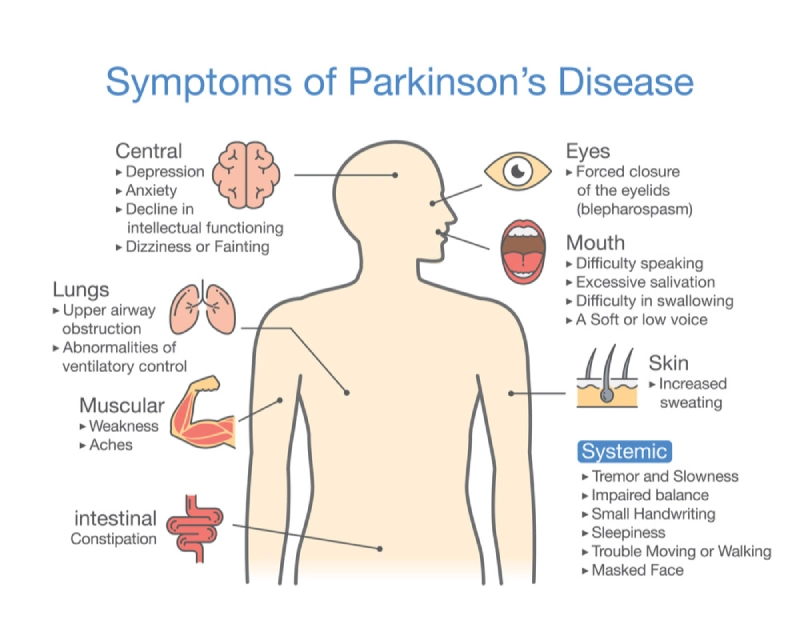
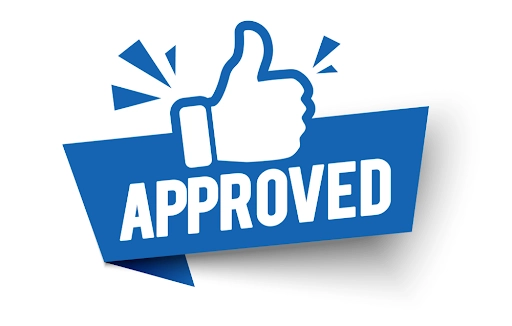
Parkinson's Disease approved for medical marijuana
Marijuana is an approved medical condition in Illinois and other states for a medical marijuana card. It’s important to note that while marijuana may be able to help alleviate some of the symptoms associated with Parkinson’s Disease, it is not a cure. There is still no cure for Parkinson’s Disease, but treatment options are constantly being researched and developed.
Marijuana has been shown to improve some of the symptoms associated with Parkinson’s Disease.
If you or a loved one has been diagnosed with Parkinson’s Disease, be sure to speak with your doctor about all potential treatment options.
More research is needed in this area before any definitive conclusions can be drawn. If you have tried conventional medical therapies and your symptoms have not been reduced or eliminated then cannabis may be the best option for you. It’s definitely worth discussing with a qualified medical provider.
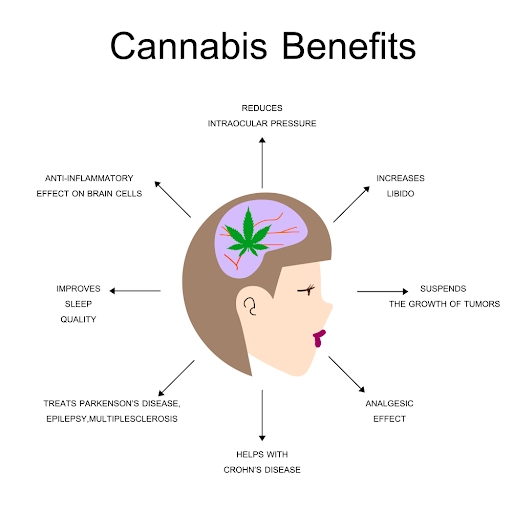
Legal & Medical Disclaimer
The information provided on this blog is for general informational and educational purposes only and is not intended as, nor should it be considered a substitute for, professional medical advice, diagnosis, or treatment. Always seek the advice of your physician or other qualified health provider with any questions you may have regarding a medical condition or treatment and before undertaking a new health care regimen. Never disregard professional medical advice or delay in seeking it because of something you have read on this website.
The content on this blog is provided “as is” and no representations are made that the content is error-free. The website takes no responsibility for errors or omissions in the content of this blog or other websites or resources that may be referenced or linked to herein. The website’s content is not intended to recommend or endorse any specific tests, physicians, procedures, opinions, or other information that may be mentioned on the site.
By using this blog, you agree to the foregoing terms and conditions, which may from time to time be changed or supplemented by this website. If you do not agree to the foregoing terms and conditions, you should not use this blog.
The information provided on this blog is for general informational and educational purposes only and is not intended as, nor should it be considered a substitute for, professional medical advice, diagnosis, or treatment. Always seek the advice of your physician or other qualified health provider with any questions you may have regarding a medical condition or treatment and before undertaking a new health care regimen. Never disregard professional medical advice or delay in seeking it because of something you have read on this website.
The content on this blog is provided “as is” and no representations are made that the content is error-free. The website takes no responsibility for errors or omissions in the content of this blog or other websites or resources that may be referenced or linked to herein. The website’s content is not intended to recommend or endorse any specific tests, physicians, procedures, opinions, or other information that may be mentioned on the site.
By using this blog, you agree to the foregoing terms and conditions, which may from time to time be changed or supplemented by this website. If you do not agree to the foregoing terms and conditions, you should not use this blog.


